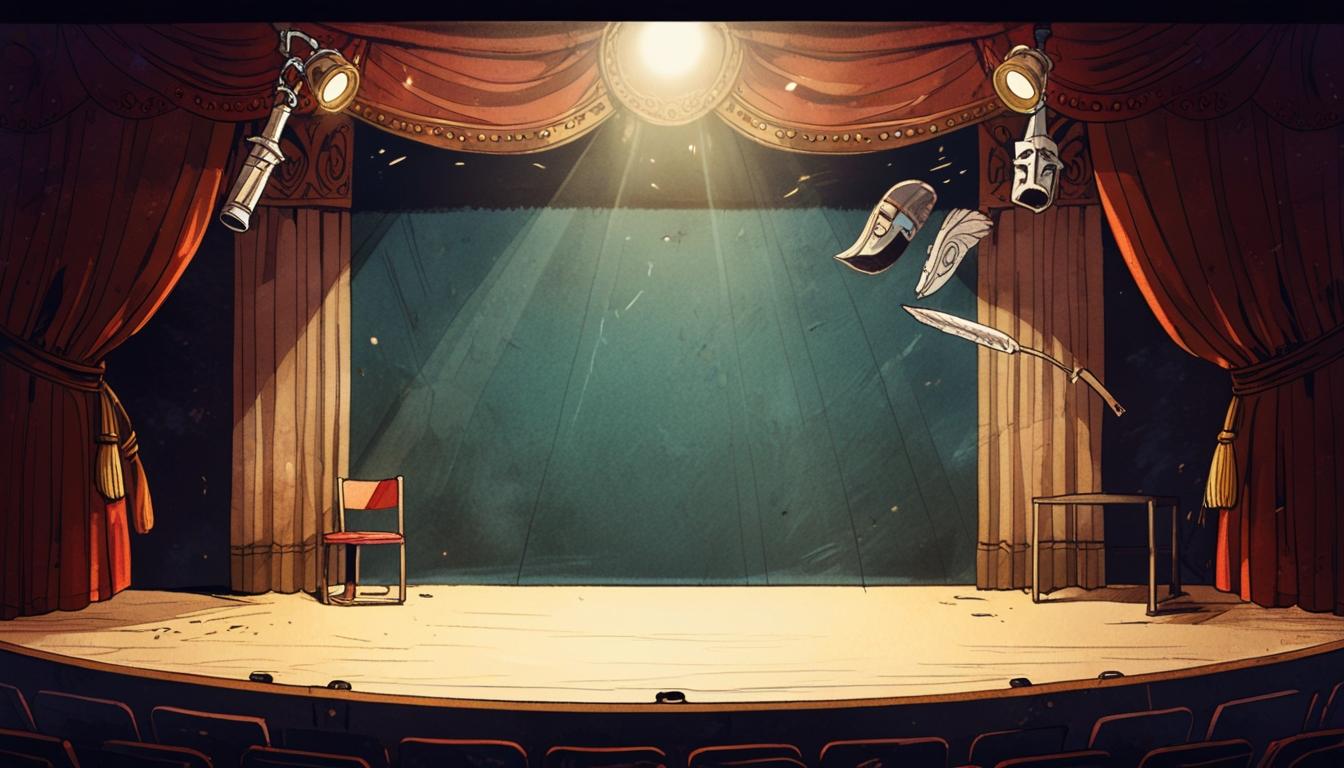A notable proposal aiming to reshape the future of British theatre has sparked controversy ahead of a key symposium. American director Katie Gilchrist has put forward a suggestion to impose a year-long ban on staging works authored by white male writers. This proposal, set to be presented at the Future of Theatre conference, would affect a broad array of canonical figures from Christopher Marlowe and William Shakespeare to Henrik Ibsen and Harold Pinter.
The proposal is one of six finalists to be voted on by senior theatre executives on 30 April at the Soho Place theatre in London’s West End. Gilchrist, whose directing credits include regional productions of Mamma Mia!, Steel Magnolias and Dial M For Murder, intends to attend the event in person to advocate for her idea.
Gilchrist explained the intent behind the proposal to the Daily Mail, stating: “This idea is an invitation for us to critically examine whose voices dominate our stages and what it could mean to shift that balance… even for the historical equivalent of an exhale.” The goal aligns with the conference’s theme of generating “big ideas to shape the future of theatre for the better,” featuring speakers focused on innovation and improvement within the industry.
While the concept aims to provoke discussion on representation and diversity, it has drawn criticism from some quarters. Patrick Kidd, a writer, described the idea as “an original idea, if a batty, sexist and divisive one” in remarks reported by the Daily Mail. He added, “Art should offer opportunities without banning a group of writers. Perhaps she would also like to exclude white men from theatre audiences? I can’t see executives going for this.”
Other proposals to reach the final stage of the contest include a suggestion by actor and director Rob Myles advocating for the ‘devolution’ of the National Theatre, and American Catherine Russell, general manager of New York’s Theater Center, who proposes utilising AI for verbatim translation of live theatre into more than 60 languages.
The controversy over Gilchrist’s suggestion echoes recent debates in the theatre world regarding exclusive events. Last year, former UK Prime Minister Rishi Sunak publicly criticised West End theatres that held ‘Black Out’ nights—performances intended for black-only audiences—labeling them as “wrong and divisive.”
The Future of Theatre conference, organised by The Stage newspaper, continues to draw attention as industry leaders evaluate these thought-provoking and at times contentious ideas on how the theatrical landscape may evolve.
Katie Gilchrist’s proposal and the other finalists will remain under consideration by theatre executives tasked with determining the direction British theatre might take in the coming years.
Source: Noah Wire Services
